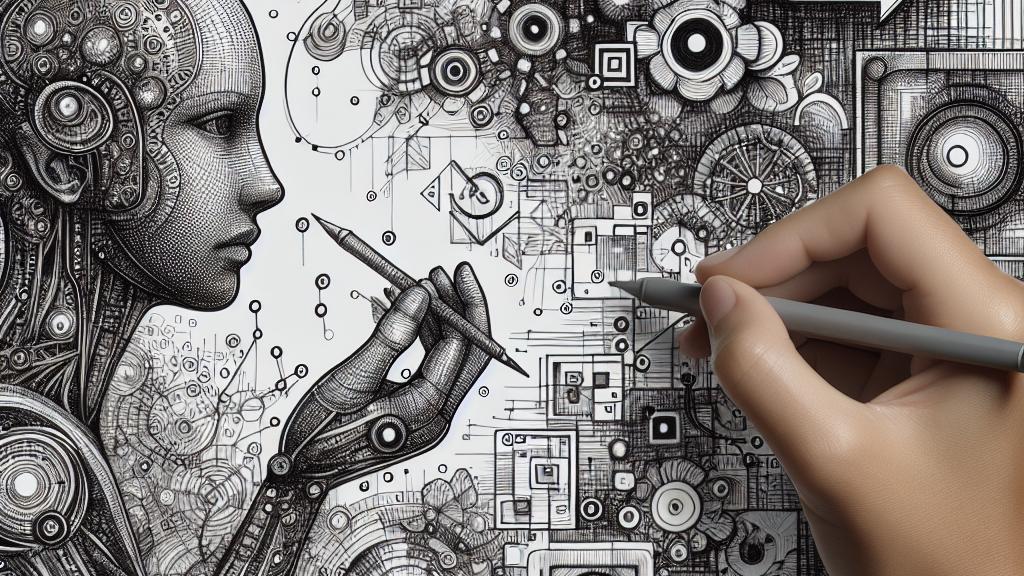How Asking AI for Better Code Can Speed Up Execution But Increase Bugs
Overview
- Repeatedly asking AI to enhance code often leads to significant speed improvements.
- However, this approach can result in a notable rise in bugs.
- Thus, human oversight remains essential to rectify the issues in AI-generated code.

The Rise of AI in Software Development
In an era marked by rapid technological advancements, the intersection of AI and software development has transformed the field, especially in innovation-driven countries like Japan. Developers now harness the capabilities of AI to streamline their coding processes. Take, for instance, the fascinating experiment conducted by Max Woolf with an AI model known as Claude 3.5 Sonnet. He embarked on a straightforward but compelling task—repeatedly prompting the AI to 'write better code.' At first, Claude responded well, generating code that not only met but exceeded expectations, mimicking the results of a skilled human programmer.
The Optimizations and Performance Gains
As Woolf continued his trial, he witnessed astonishing enhancements in speed. In some cases, execution times were slashed dramatically: from a steady two seconds down to mere milliseconds! One of the standout moments involved a speed improvement exceeding 100 times the original execution duration. However, this breathtaking pace was accompanied by a sobering caveat—the code's quality plummeted, leading to a surge in bugs. Picture trying to cook a meal in record time; in the rush, you might forget key ingredients, resulting in an unpalatable dish. Similarly, while AI accelerates performance, this whirlwind of optimization often neglects critical elements needed for robust code.
The Need for Human Oversight
These findings illuminate a crucial takeaway: human oversight is not only beneficial but vital in the realm of AI-assisted coding. While AI can generate inventive solutions at lightning speed, it lacks the nuanced understanding that comes from human experience. Imagine a developer who relies solely on AI to craft code without a thorough review. They might easily miss integral details, such as correct variable declaration or the appropriate use of functions, leading to catastrophic system errors. This scenario highlights the indispensable synergy between human coders and AI technologies—like a seasoned pilot relying on advanced navigation systems while still maintaining control of the aircraft.
A Double-Edged Sword in Code Generation
The implications of Woolf's insights resonate across the broader technology landscape, underscoring both the immense potential and the lurking dangers of AI in software development. Yes, AI presents remarkable advantages, such as increased productivity and faster coding cycles. However, engineers must tread carefully, balancing these gains with the inherent risks. For instance, consider a tech startup that decides to outsource all its programming tasks to AI. Initially, the speed and efficiency seem overwhelming. Yet, as bugs accumulate and system failures rise, the team might find themselves drowning in a sea of complications. Thus, it becomes imperative to strike the right balance: by blending AI’s remarkable efficiency with critical human insight, teams can achieve a more stable and reliable coding environment.
Conclusion
In conclusion, the advancements in AI that accelerate code execution offer an exciting horizon for aspiring developers and seasoned professionals alike. It’s undeniably exhilarating to see technology push the boundaries of what’s possible! However, as we navigate this thrilling frontier, we must remain vigilant because with great power comes great responsibility. As coding practices evolve with these innovations, the importance of human oversight cannot be overstated. Ultimately, this harmonious partnership between AI’s capabilities and human creativity stands as a beacon of hope, ensuring that we not only embrace the speed of technology but also safeguard the quality that is foundational to effective software engineering.

Loading...